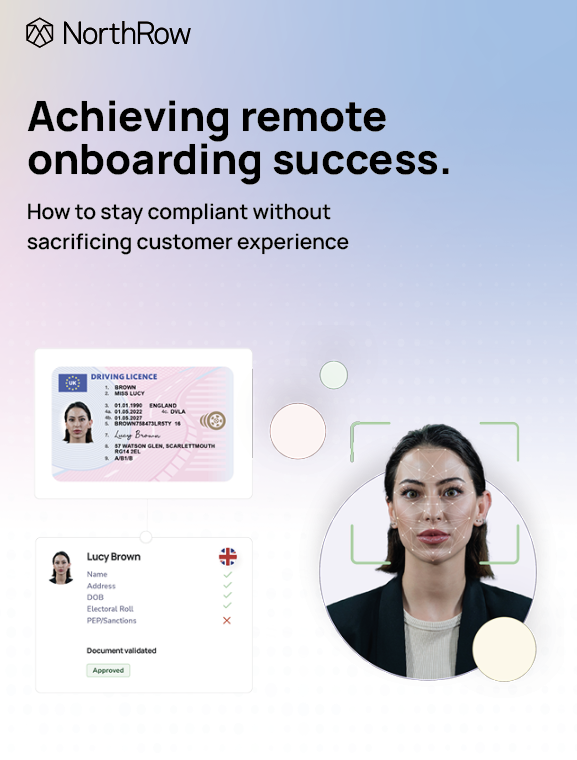In today’s complex regulatory landscape, compliance management is crucial for businesses to ensure adherence to laws, regulations, and industry standards. A compliance manager plays a pivotal role in implementing and maintaining robust compliance programs within organisations. In this article we will explore the 10 key qualities that make a good compliance manager.
- Strong regulatory knowledge: A good compliance manager should have a deep understanding and knowledge of relevant laws, regulations, and industry standards that apply to the organisation’s operations. This includes staying updated on any current changes and emerging trends in regulatory requirements.
- Attention to detail: Compliance management often involves dealing with intricate details and nuances of regulatory frameworks. A keen eye for detail is essential to ensure all aspects of compliance are addressed thoroughly, minimising the risk of oversights or non-compliance. To put it simply, they need to be on it!
- Analytical skills: Effective compliance management requires the ability to analyse complex regulatory requirements and assess their implications on business operations. This involves evaluating risks, identifying compliance gaps, and developing strategies to address them effectively. There is no one size fits all when it comes to compliance, and it is up to the manager to ensure their company is staying compliant.
- Communication skills: A good compliance manager must be able to communicate compliance requirements, policies, and procedures clearly and effectively across all levels of the business. This includes providing guidance to staff, training sessions, and fostering a culture of compliance awareness. It is not only important that the compliance manager understands the needs of the business, but for the employees to know what and why measures are so important.
- Ethical integrity: Compliance managers can sometimes be faced with ethical dilemmas in balancing regulatory requirements with business objectives. It’s imperative for a compliance manager to demonstrate unwavering ethical integrity and uphold the highest standards of professional conduct.
- Adaptability and flexibility: Regulatory environments are constantly evolving, requiring compliance managers to adapt quickly to changes and implement necessary adjustments to compliance programs. It is key to approach with a flexible mindset in order to effectively navigate dynamic regulatory landscapes.
- Leadership abilities: A good compliance manager exhibits strong leadership qualities, capable of guiding and motivating cross-functional teams to achieve compliance objectives. This includes encouraging collaboration, resolving conflicts, and instilling a sense of accountability within the team.
- Problem-solving: Compliance management often involves addressing complex compliance challenges and resolving issues effectively. A good compliance manager should be adept at problem-solving, employing critical thinking and creativity to overcome obstacles and find viable solutions, as not all problems can be solved in the same way.
- Risk management awareness: Compliance and risk management go hand in hand. A good compliance manager understands the inherent risks associated with non-compliance and implements risk mitigation strategies to protect the organisation from potential regulatory violations.
- Continuous learning and improvement: Given the dynamic nature of regulatory requirements, a good compliance manager is committed to continuous learning and professional development. This involves seeking out opportunities for training, staying informed about industry best practices, and striving for ongoing improvement in compliance processes.
Overall, a good compliance manager possesses a unique blend of regulatory expertise, analytical prowess, communication skills, ethical integrity, and leadership abilities. It is easy to assume that knowledge is the only vital quality, however human skills are just as important. By embodying these qualities, they play a pivotal role in safeguarding organisational compliance and promoting a culture of integrity and accountability.






